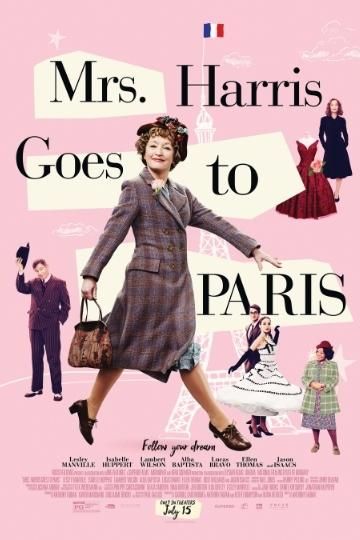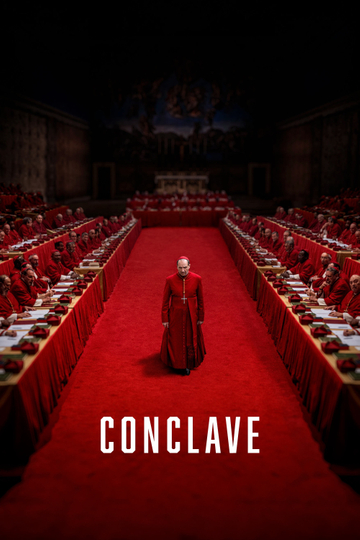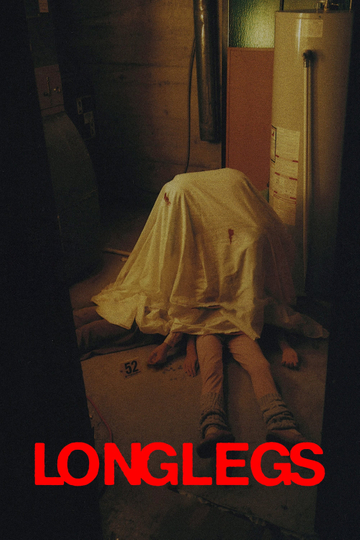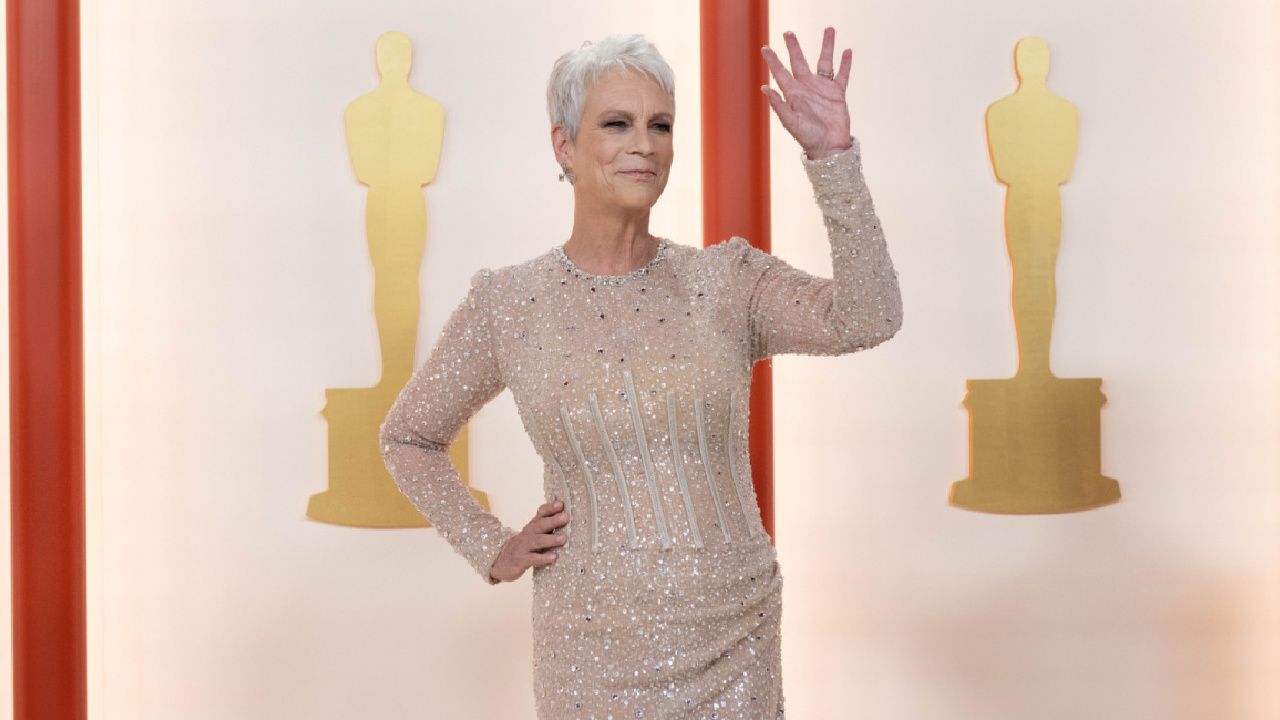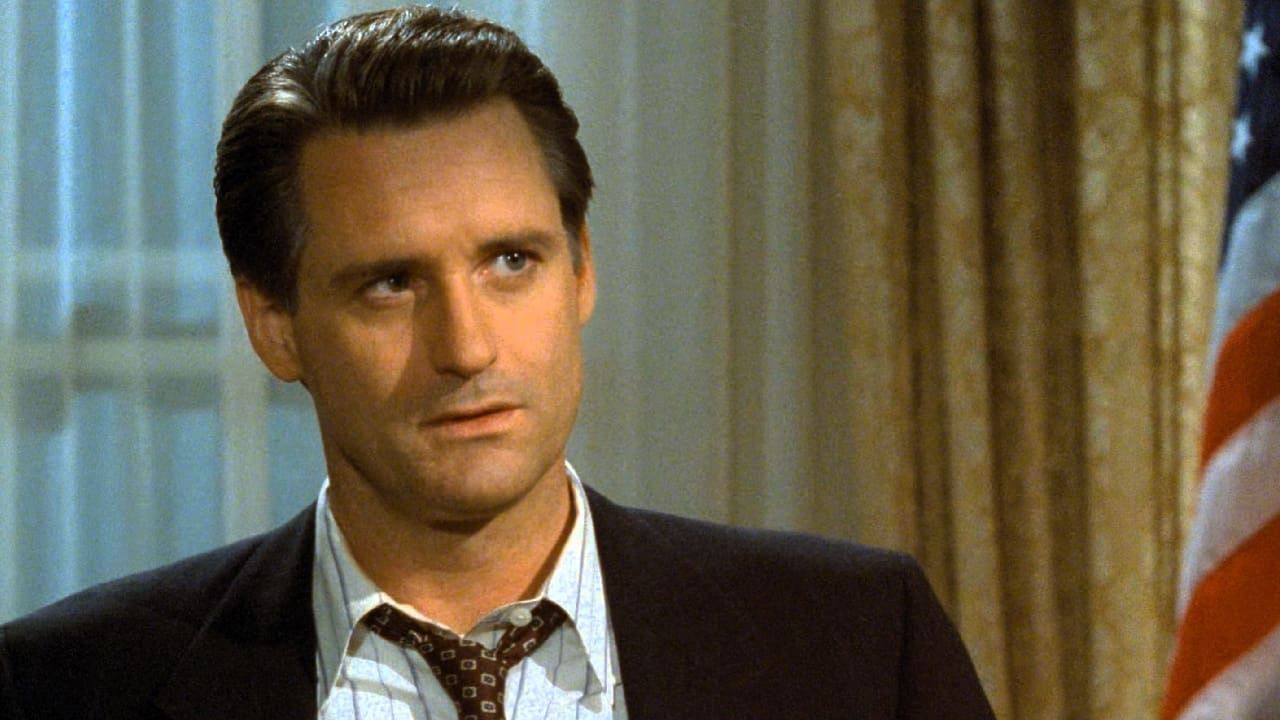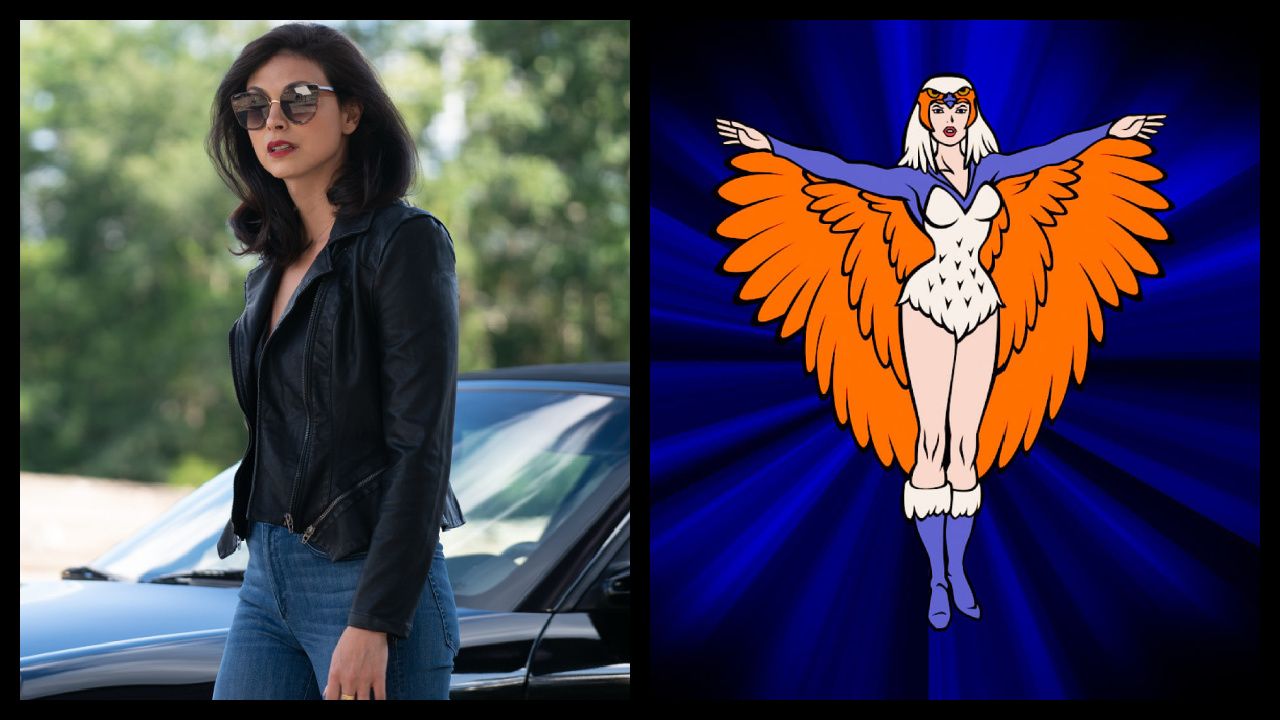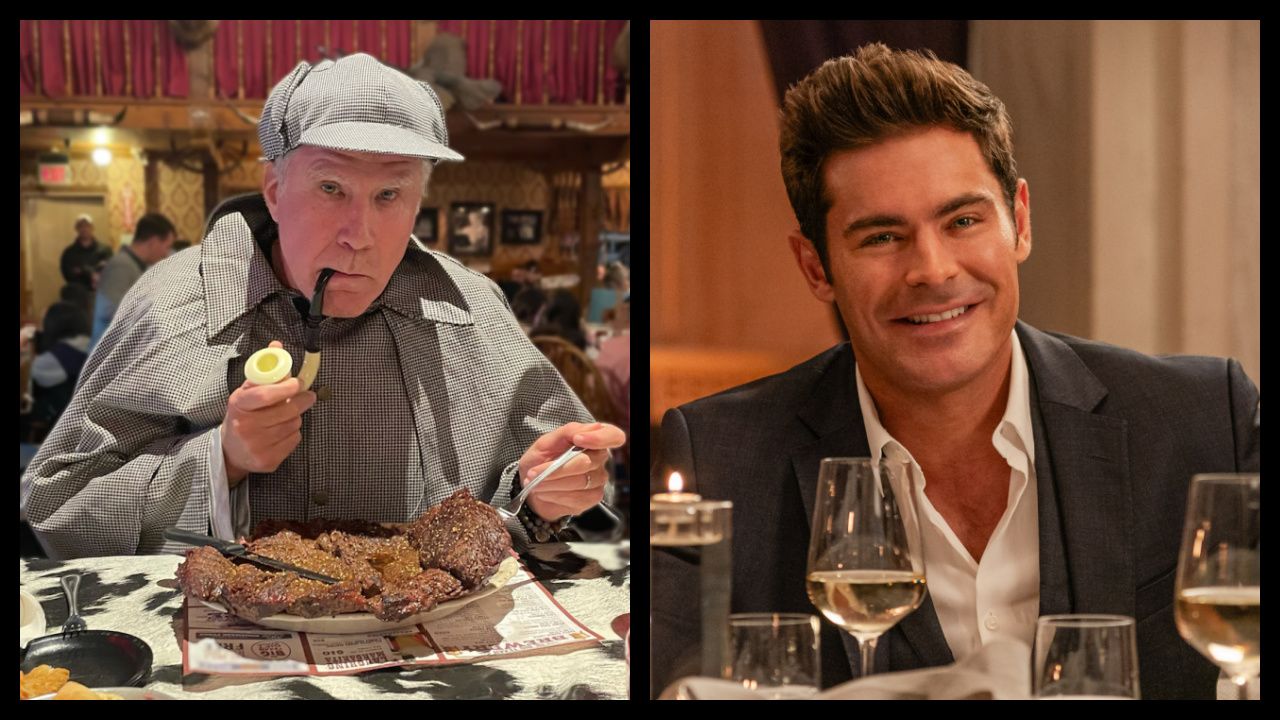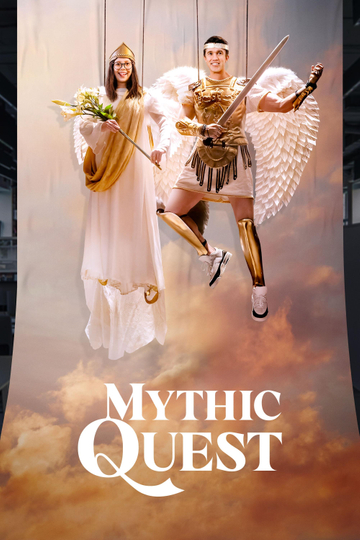Lesley Manville On 'Mrs. Harris Goes to Paris,' "I understood her."
Moviefone speaks exclusively with Oscar nominee Lesley Manville about her new movie, her approach to her role, and her character's true motivations.
Opening in theaters on July 15th is the new historical comedy-drama ‘Mrs. Harris Goes to Paris,’ which was directed by Anthony Fabian (‘Louder Than Words’).
Set in 1950s London, a widowed cleaning lady named Ada Harris (Lesley Manville) becomes obsessed with a couture Dior dress and embarks on an adventure to Paris.
In addition to Manville, the cast also includes Isabelle Huppert, Lambert Wilson, Alba Baptista, Lucas Bravo, and Jason Isaacs.
Moviefone recently had the pleasure of speaking with Oscar nominated actress Lesley Manville about her work on 'Mrs. Harris Goes to Paris.'
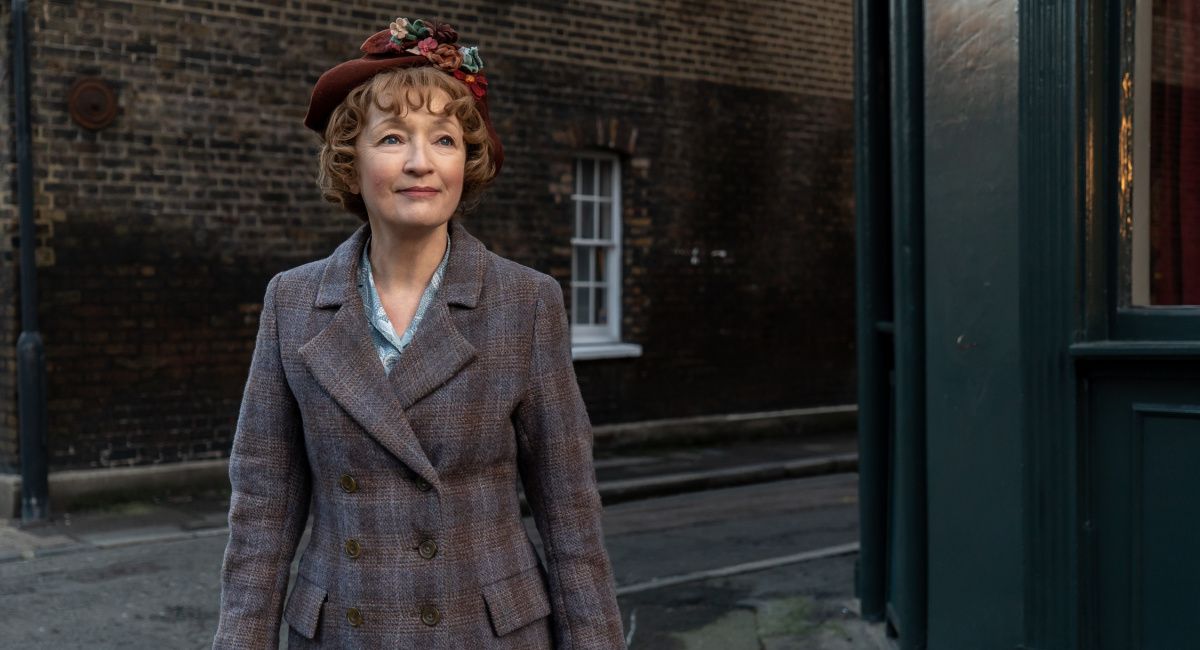
Lesley Manville stars as Mrs. Harris in director Tony Fabian’s 'Mrs. Harris Goes to Paris,' a Focus Features release. Photo: Liam Daniel / © 2021 Ada Films Ltd - Harris Squared Kft.
You can read our full interview below or click on the video player above to watch our interviews with Manville, Lucas Bravo, Alba Baptista, and Jason Isaacs.
Moviefone: To begin with, can you talk about how you prepared for this role and how you wanted to convey the character to the audience?
Lesley Manville: Well, I sort of inherently understood her, because I grew up in a working-class household where my mum worked a bit and brought up three children. My dad worked. We didn't have a lot, but we were okay.
So, I understand that world. And through other jobs that I've done in the past, I understood the '50s and the cultural references, the social climate of the time. Fashion is something I've always been interested in, myself. I see absolutely nothing wrong with saving up your pennies to get a dress of your dreams.
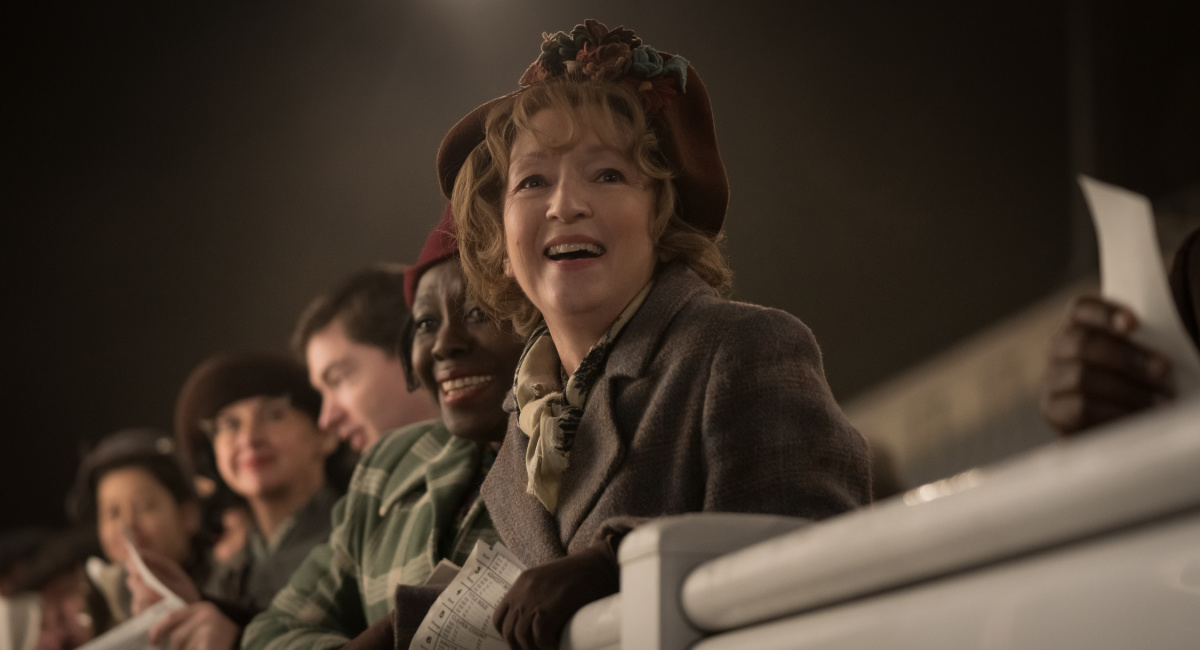
(L to R) Ellen Thomas stars as Violet and Lesley Manville as Mrs. Harris in director Tony Fabian’s 'Mrs. Harris Goes to Paris,' a Focus Features release. Photo: Dávid Lukács / © 2021 Ada Films Ltd - Harris Squared Kft.
MF: Finally, can you talk about why Mrs. Harris wants the dress so badly? It is not just a dress to her, it symbolizes something else to her, correct?
LM: Yeah, there is a symbolism to it, but I also think there's this one big bit of it that is about having something beautiful in her life and appreciating it on a purely aesthetic level. So, there's that. That doesn't need over-analyzing.
But you are right. It's getting the dress and acquiring it, and getting to Paris, and achieving the goal is a sort of separate thing that's about her, I think, forging ahead as a woman on her own.
Kind of doing things that would not be expected of a woman of her class or her age. And just sort of doing it in a quiet way. She's not being outspoken in a political sense, she's just defying the conventions of what a woman like her is supposed to do.
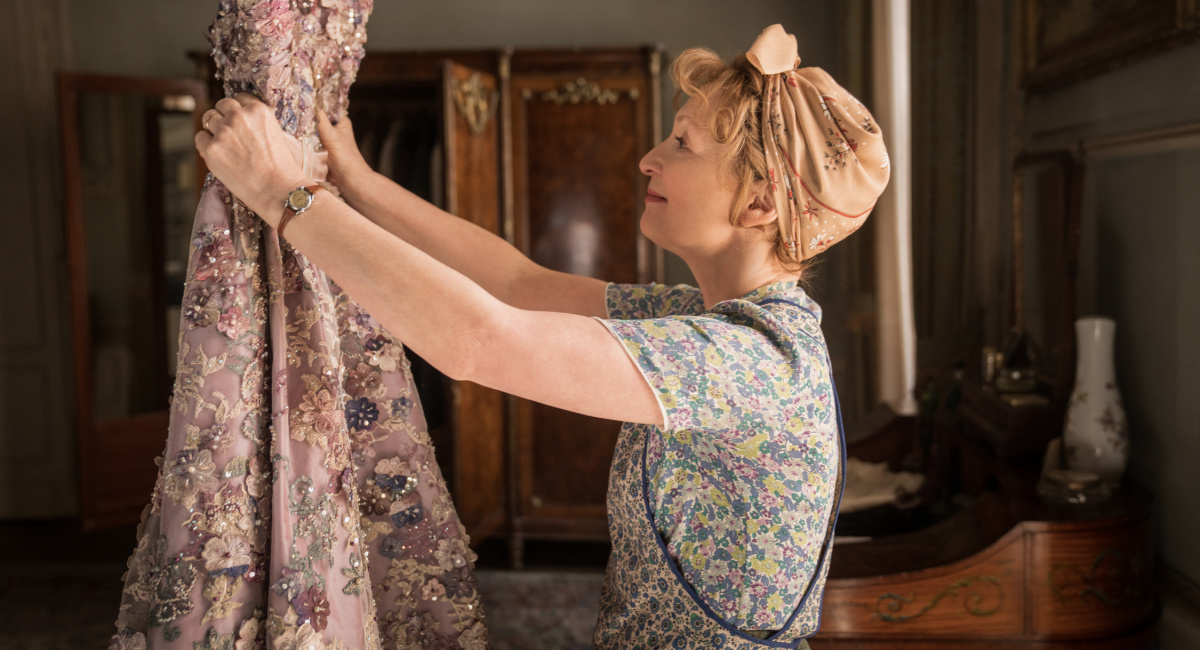
Lesley Manville stars as Mrs. Harris in director Tony Fabian’s 'Mrs. Harris Goes to Paris,' a Focus Features release. Photo: Dávid Lukács / © 2021 Ada Films Ltd - Harris Squared Kft.
